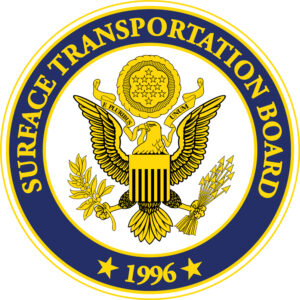 WASHINGTON — The Surface Transportation Board today said it is seeking comments on whether railroads should be required to report performance metrics that measure their local service.
WASHINGTON — The Surface Transportation Board today said it is seeking comments on whether railroads should be required to report performance metrics that measure their local service.
Class I railroads are required to report weekly performance data to the STB, including average train speed and average terminal dwell. But those measures do not include how railroads perform in first- and last-mile service.
Shippers have long complained that the STB performance metrics, which were adopted after the service issues that plagued megamergers two decades ago, don’t measure the service that railroad customers actually experience.
Complaints from shippers and their trade associations in recent years have centered on the railroads’ local service problems, including missed switches at customer facilities, the failure to deliver empties as promised, or to pick up cars that are ready to roll.
And a year ago several shipper groups — including the Freight Rail Customer Alliance, the National Coal Transportation Association, the National Industrial Transportation League, and the Private Railcar Food and Beverage Association — ”stated that their members have become increasingly aware of and concerned by what they describe as a gap between the service data and that the railroads report to the board and the level of service that shippers receive in the real world,” the STB said.
The Association of American Railroads counters that the local-service measure request is unnecessary, that the data collection would not be meaningful, and that railroads already provide customer-specific performance data on their shipper portals.
The STB says it wants comments from shippers and railroads regarding local service, whether further examination of first- and last-mile service is necessary, and whether data collection and reporting would place an undue burden on railroads.
Comments are due by Oct. 18, the board said in its decision.






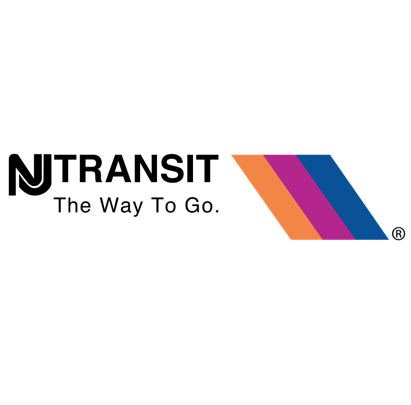
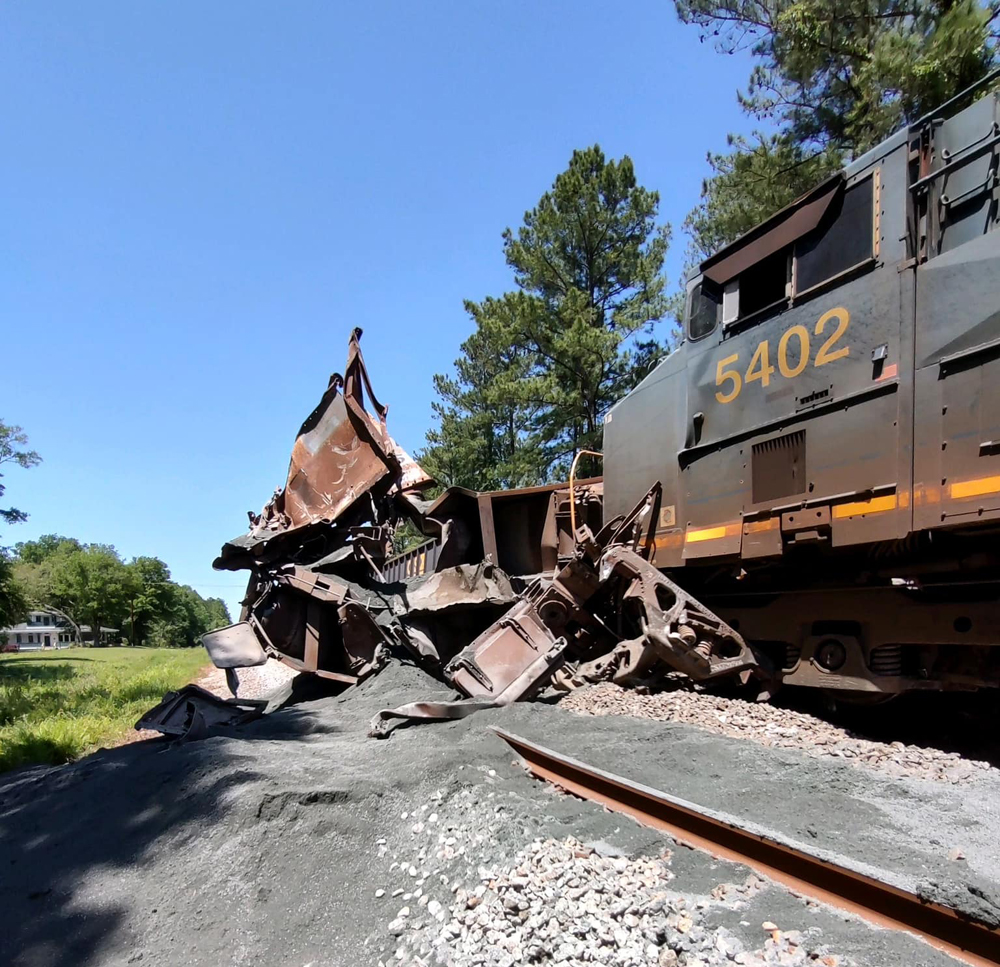
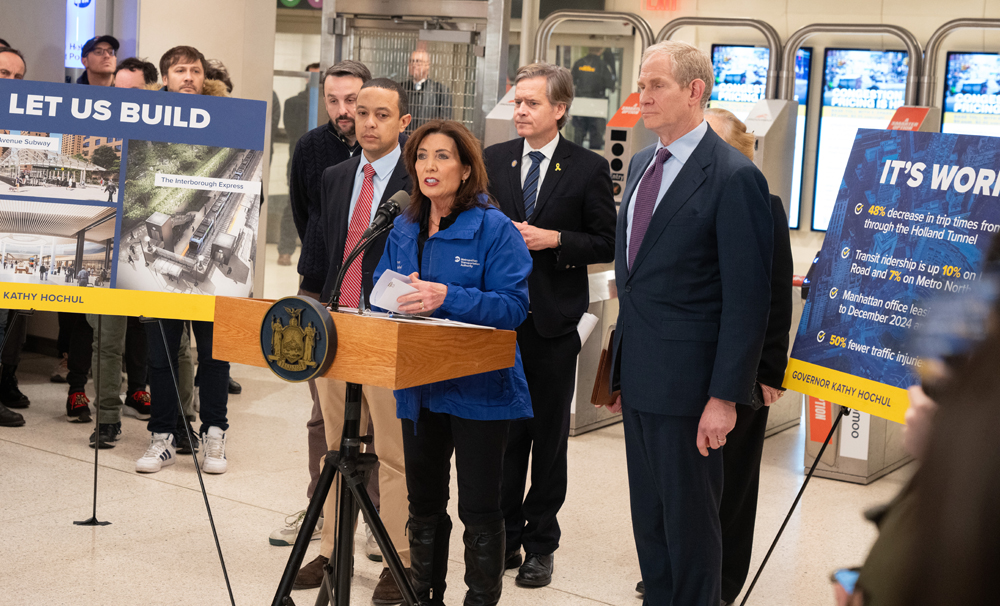
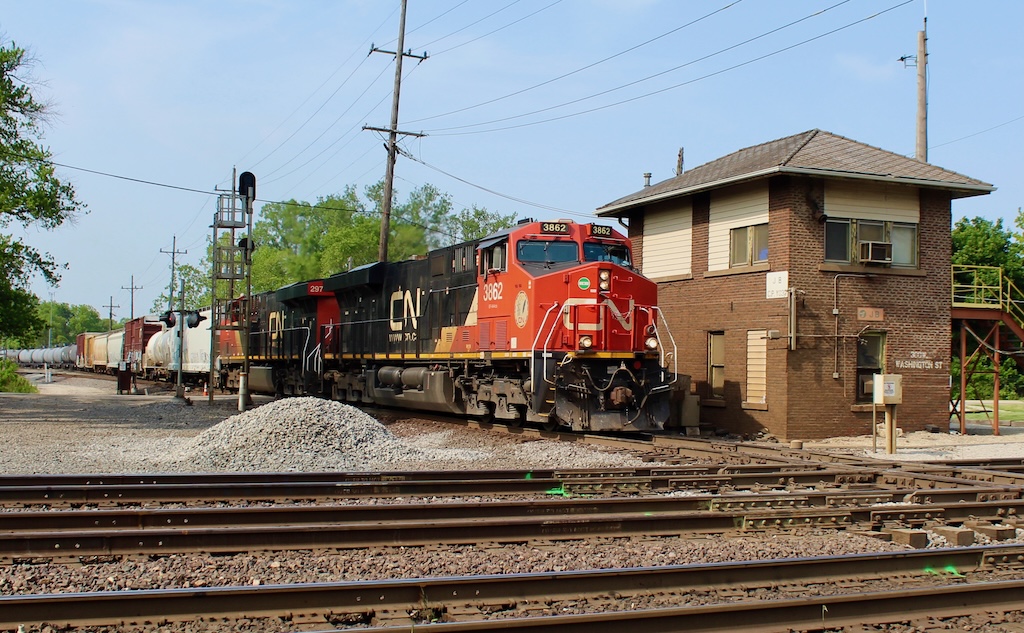




Railroads are a perfect exemplar of capitalism’s failures and the reason that they were regulated 100 years ago’ but they are not alone.
I have thought of retail railroading similar to selling Krystal Hamburgers: small value item supported by large volume and aggressive marketing. Could the Class I’s bud off local service to seperate company? Could they take advantage of technology more than they are now: automation, autonomous or remote locomotives? Still, the numbers must add up to the positive. Then there is the problem of unionized positions. Local service may be a loss leader but goodwill winner. What do you think?
I assume trucking companies, marine shipping companies, and air transport companies have to file similar reports.
No; but then they aren’t regulated by the STB and their customers generally aren’t captive to a single carrier.
Easy to report: if there is no, nada, pas-de-rien first-mile/ last-mile service then the carriers can report 100% compliance.